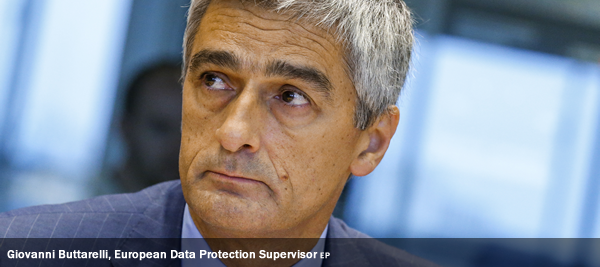Speaking in a Q&A session, Giovanni Buttarelli, the new European Data Protection Supervisor said: “The EU has to make existing data protection rights more effective in practice, and to allow citizens to more easily exercise their rights at a time when we all run our entire lives with our smartphones”
Over the coming five years what do you expect will be the biggest challenges for your office and what are the major issues which will need to be addressed?
I have the unique honour of serving this institution at a historic moment for data protection because of the technological changes around the world. In this environment we have to work to implement the principal settlements of the Lisbon Treaty and the Charter of Fundamental Rights.
The current fragmented framework for data protection at EU level is not sustainable anymore, and this has an impact in terms of cost. Finally the EU has to make existing data protection rights more effective in practice, to allow citizens to more easily exercise their rights at a time when we all run our entire lives with our smartphones.
Do the recent security threats in Europe undermine the momentum to adopt data protection reforms? How do you view the “security versus right-to-privacy” debate?
We will encourage legislators not to act on the basis of emotions and to consider the long term effects, the domino effect on other issues including those of data protection.
It is not exactly a security versus privacy debate. I am not a lover of the recurrent argument that privacy has to be balanced. We are speaking about fundamental rights. By law, any intervention on security is only lawful when necessity and proportionality are fully demonstrated. And I am much more in favour of encouraging a targeted approach.
How do you see your future cooperation with the Parliament?
We will work closer with all institutions. Of course, we have a special link with the Parliament because of the multiple pending dossiers. We will refrain from following the classical bureaucratic approach and will try to anticipate their needs; to be more dynamic and react as a problem solver. So, we will not be an isolated institution.
